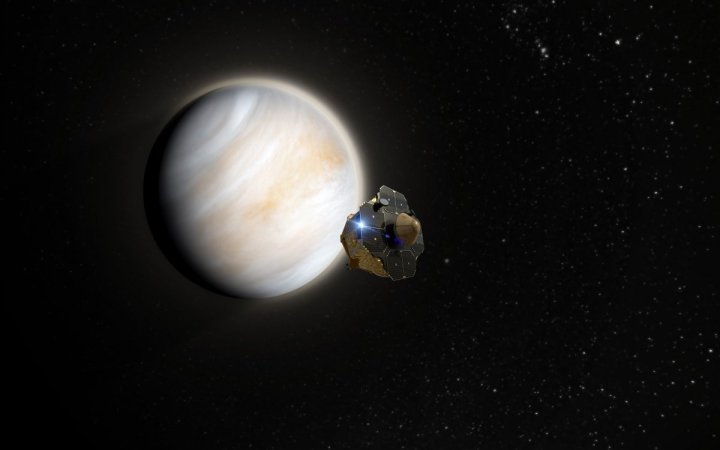While for decades Mars has been the planet outside Earth that has arguably received the most attention, in recent years, planetary scientists have been setting their sites on our other neighbor: Venus. This strange planet with its hellishly high temperatures and incredible surface pressure will be the site for two upcoming NASA missions and one European Space Agency mission in the next decade, and these agency missions will also be joined by a private space mission from New Zealand-based company Rocket Lab.
Rocket Lab recently shared more details for its planned mission to Venus in a publication in the journal Aerospace. With a planned launch in 2023, it will be the first private mission to Venus and will use Rocket Lab’s Electron rocket and Photon spacecraft.

The aim of the mission is to investigate whether anything could be living in the thick clouds of Venus. This topic received international attention in 2020 when a study suggested that there could be phosphine, a potential indicator of life, in the Venusian clouds. However, subsequent research suggested that the indicator was likely only sulfur dioxide, a common gas not particularly related to life. Even so, the potential for microscopic life to exist on Venus has been long been debated, as the planet was once similar to Earth.
The Rocket Lab mission will send a probe into orbit around Venus to investigate its atmosphere, using a probe with an instrument called an autofluorescing nephelometer to gather data on what the Venusian clouds are composed of.
The Electron rocket will launch in May 2023 and carry the Photon spacecraft into orbit around Earth; then the spacecraft will separate and travel on to Venus. Once it arrives in orbit in October 2023, it will deploy the probe which will drop through the atmosphere and send data back to Earth. This is a similar plan to NASA’s DAVINCI mission to Venus, which also involves sending a probe through the planet’s atmosphere, though that probe will have more extensive instruments like spectrometers and a camera.
“The mission is the first opportunity to probe the Venus cloud particles directly in nearly four decades. Even with the mass and data rate constraints and the limited time in the Venus atmosphere, breakthrough science is possible,” Rocket Lab collaborators write in the publication. “The overarching science goals are the search for evidence of life or habitability in the Venusian clouds.”



